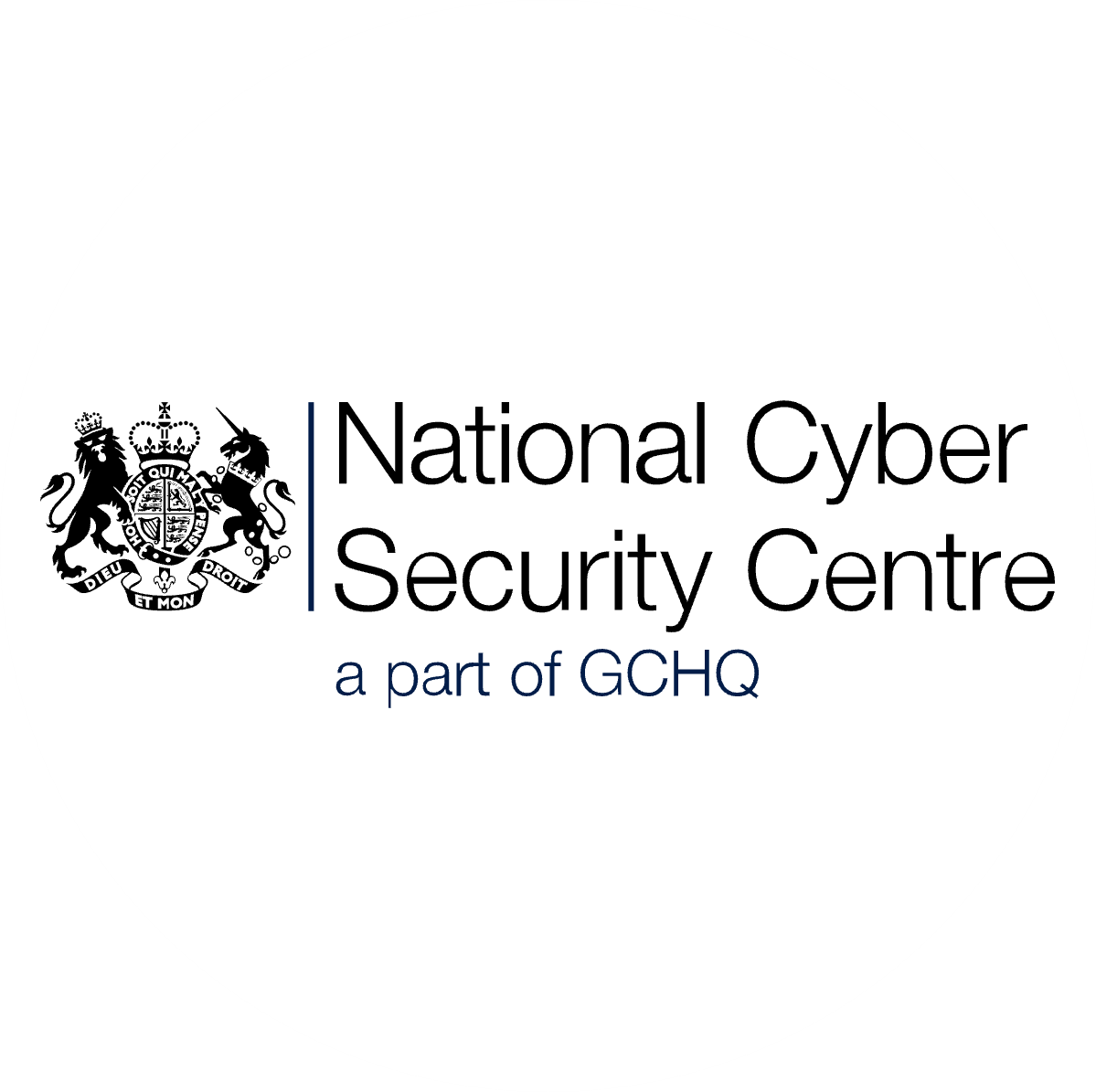The National Cyber Security Centre
Find out how the National Cyber Security Centre is helping to teach young people how to stay secure online

We are living in a digital age with technology becoming an integral part of everyday life. From online shopping and gaming, to streaming and social media, people are spending more time online than ever before, so it is even more important to prevent cyber criminals getting hold of our accounts, data and devices.
We are proud to have teamed up with the National Cyber Security Centre who are responsible for helping to make the UK the safest place to live and work online. Through the co-designed activities, we want to shine a spotlight on the importance of cyber security for young people.
What is cyber security?
Cyber security protects the devices we use and the services we access from damage or theft. It prevents unauthorised access to personal information we store on these devices.

Try CyberSprinters: NCSC have created an award-winning interactive online security resource for 7-11 year olds.

Try CyberFirst Navigators: Learn how to stay secure online with this interactive online security resource for 11–14 year olds.
What steps should I take to be more secure?
Use a combination of 3 random words to generate a password that is difficult to guess. Make sure that you have a separate password for your most recent accounts, particularly your email.
To learn more, have a look at NCSC guidance on creating passwords:
How to create a strong password
Try our Making Stronger Passwords activity with your Scouts:
It can be difficult to remember every password for all the different accounts we have online. A password manager gives you the ability to have a unique password for every account
The best option is to get a password manager or to save passwords to your browser to securely and safely store them.
To learn more, have a look at NCSC guidance on using a password manager:
A backup is a copy of your important data stored in a separate and secure location. This data is usually stored as cloud storage on the internet. This means that if you lose your original data, you can restore a copy of it from the backup.
To learn more, take a look at the guidance from NCSC to back-up data:
Try our Data Backers activity with your Scouts:
Protect your devices and accounts from cyber criminals by making sure you apply automatic software and app updates to all of your devices. If your device is no longer supported by the latest software, we recommend updating to a newer device. It does not need to be the latest model, but it should allow the latest updates.
To learn more, have a look at the NCSC guidance on installing the latest software and app updates:
Cyber criminals attempt to get your personal data through suspicious links sent via email (phishing) or text message (smishing).
A few things to think about before clicking on a link sent to you:
- Are you given limited time to respond?
- Does the message make you panic?
- Is the product offered in short supply?
- Is a government organisation asking you for personal details?
If you have any doubts, contact the organisation directly. Make sure that you do not use the numbers or address provided in the message. Go onto an official website separately.
Try our Spot Phishing Emails activity with your Scouts:

Work as a team while learning how to be more secure online